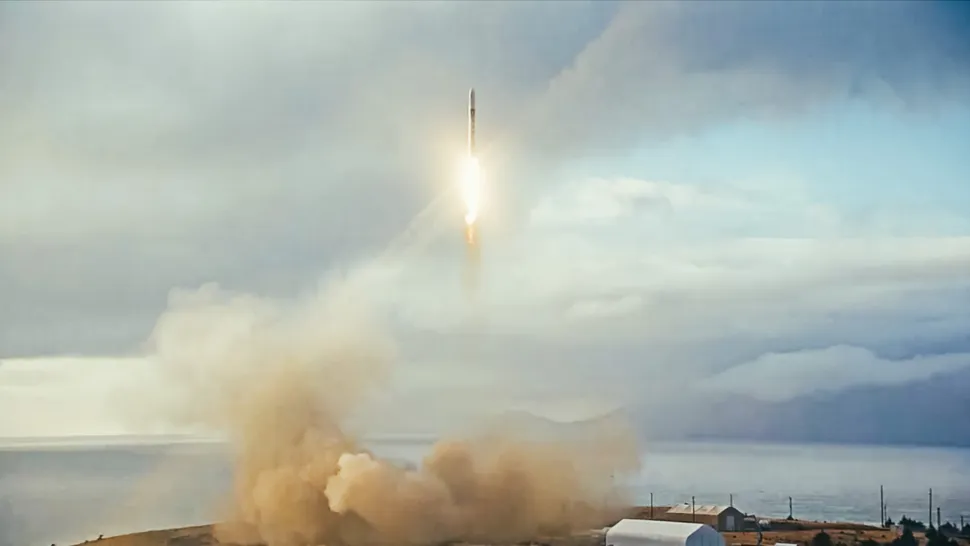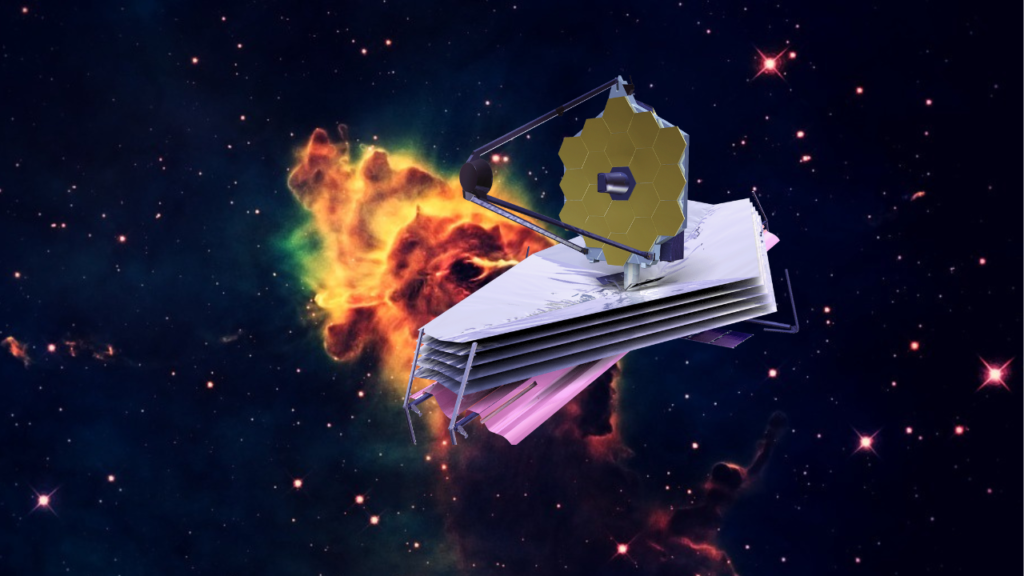ABL Space Systems will have to wait a while to conduct its second-ever orbital launch.
The California-based startup has been prepping its RS1 rocket for a test flight, which will lift off from the Pacific Spaceport Complex in Alaska. But that vehicle is no longer in any condition to earn its wings.
“After a pre-flight static fire test on Friday, a residual pad fire caused irrecoverable damage to RS1. The team is investigating root cause and will provide updates as the investigation progresses,” ABL announced in a post on X on Monday (July 22).
Static fires are common prelaunch tests, in which a rocket’s first-stage engines are fired briefly while the vehicle is anchored to the launch pad. ABL did not provide more detail about the pad fire in Monday’s update, which was the company’s first X post since May 2.
ABL aims to snag a significant portion of the small-satellite launch market with the 88-foot-tall (27 meters) RS1, which can deliver up to 2,975 pounds (1,350 kilograms) of payload to low Earth orbit (LEO) on each of its $12 million liftoffs, according to ABL’s user guide.
Each of the rocket’s two stages can fit inside a standard shipping container, meaning the launcher can be deployed quickly and efficiently, according to ABL. “RS1 was developed for the high-cadence, no-fuss future of orbital launches. We break the trade-off between cost, reliability and flexibility,” the company wrote in a description of the rocket.
The RS1 has one flight under its belt to date, a test mission that launched from the Pacific Spaceport Complex on Jan. 10, 2023 and aimed to deliver two cubesats to LEO.
That didn’t happen, however; the RS1 suffered a problem and came crashing back to Earth. ABL traced the anomaly to a fire inside the rocket, which caused all nine of the RS1’s first-stage engines to shut down.
“The source of the fire is attributed to an overly restrictive launch mount and flame deflector that created plume recirculation, overloading RS1’s base heat shield,” the company wrote in a mishap update in November 2023.
“ABL has identified 22 corrective actions to prevent future mishaps from repeating,” the company added. “Action items include redesign of the launch mount and flame deflector, hardened closeouts and harnesses, and additional risk mitigation activities.”
Source: https://www.space.com/abl-space-systems-rs1-rocket-destroyed-preflight-testing



